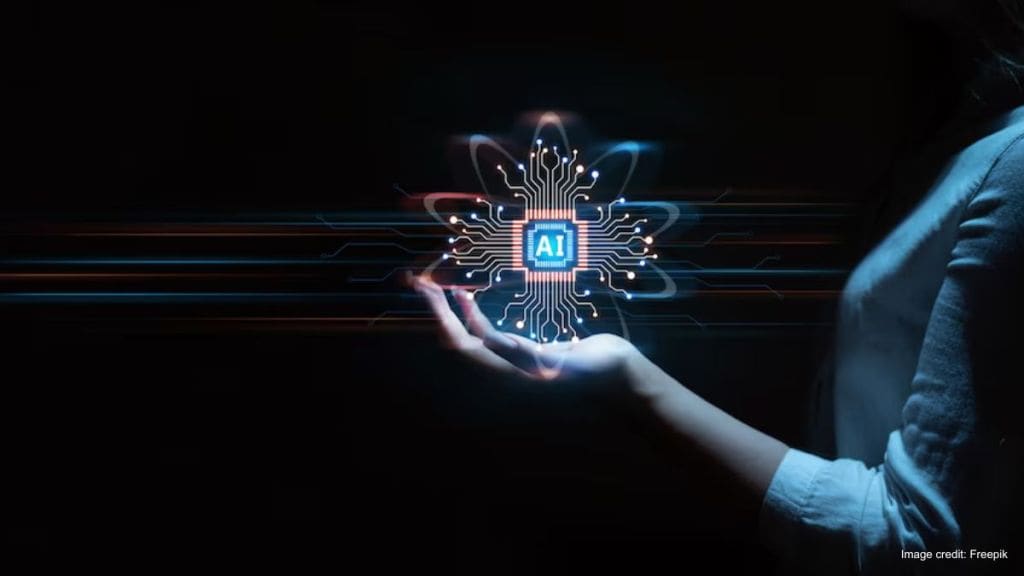By Bharadwaj Jaishankar, Sana Singh, Ishita Goyal
The rapid advancements in Artificial Intelligence (“AI”) have revolutionized and driven innovation in almost every field. AI sets to offer numerous benefits to the world of Intellectual Property (“IP”) as well, including enhancing efficiency and accuracy in IP searches and analysis. Patent professionals can now leverage machine learning algorithms to process vast data and identify relevant ‘prior art’ quicker and more accurately. AI also aids in monitoring potential IP infringing activities by analysing extensive online data. This proactive approach enables IP owners to take timely legal action, thereby safeguarding innovation.
Having said that, despite the numerous advantages, existing IP concerns about the ownership and attribution of AI-generated inventions cannot be overlooked. Chatbots powered by AI, such as ChatGPT, Stable Diffusion, Midjourney, have become increasingly popular, be it for customer support or virtual assistance. While these AI-driven applications offer significant benefits, including potential cost and resource optimization, questions on copyright protection of AI-generated works and their ownership remain a burning topic. It raises practical concerns like whether the creator of such generative works would be the human who commanded the AI or the AI system itself. Simultaneously, the potential misuse of AI-generated content, leading to IP infringement further makes it difficult to attribute copyright protection when AI algorithms are involved in the creative process.
Existing challenges
The fundamental question from an IP ownership standpoint is whether an AI system can be recognized as an author or inventor of an IP asset. This comes down to an interpretation of local IP legislations. Under the Indian Copyright Act, 1957 (“Copyright Act”), copyright protection is granted to the original author of a work. Copyright helps protect the creative input and effort of authors, thereby allowing authors to commercialize their creations. Under the Copyright Act, an ‘author’ refers to a ‘person who causes a work to be created’. It does not expressly include or exclude an AI system to be an author, though the understanding of a legal person usually extends to artificial entities like a company, limited liability partnership etc. Similarly, under the Patents Act, 1970 (“Patents Act”), a patentee may also be interpreted as a ‘human’, a legal person, or the government.
With the advent of various AI powered chatbots, the risk of infringement has also increased multi-fold. They are also likely to pose concerns with respect to data privacy. These generative AI tools are trained on vast amounts of data and sophisticated machine learning algorithms. In such a scenario, liability for copyright infringement may arise to the degree that these AI models rely on already available data to generate new content. Earlier this year, a lawsuit was filed against Stability AI Ltd., Midjourney Inc, and DeviantArt Inc. in California alleging that they violate the artists’ rights by using their works, without consent, as input prompts.
Similarly, ChatGPT also poses similar concerns. The OpenAI’s terms of use clearly stipulate that it assigns to its user “all its right, title and interest” in the generated output. It further clarifies that due to the machine learning nature, the output may not be unique for each user. In this context, it becomes problematic where the user, believing to own all rights in the output, ends up infringing someone else’s copyright. Simultaneously, allowing IP ownership to AI systems poses questions around, say, who is liable for infringement, or how would one determine infringement by an AI system. In the event of AI being the owner, the underlying law regarding licensing and assignment of IP rights may also need to be revisited.
Recent developments
IP ownership over an AI-generated work is an issue that many countries are currently grappling with. Regulators across the world, by and large, so far, have abstained from granting ownership rights to AI systems. Interestingly, in 2021, the Federal Court of Australia held that AI is capable of being an “inventor”, albeit the said decision was reversed on appeal. On the other hand, South Africa became one of the first countries to grant inventorship to an AI system for a patent. As far as India is concerned, the Parliamentary Standing Committee Report, presented before the Rajya Sabha in 2021, also recommended amending the existing IP legislations to accord ownership and inventorship to AI-created works. That said, both the Indian Copyright Office and Patent Office have taken the stance that an AI system cannot be regarded as an author or inventor, thereby complicating conversations on the issue.
Conclusion
AI indeed presents exciting opportunities for creativity and technological advancements. There are vast commercial opportunities for artists, content creators and businesses to leverage AI. That said, a balance is needed around legislative reforms, judicial decisions, and international collaboration to safeguard IP rights. The real call of the hour is for governments and regulators to bring momentum to discussions on AI and IP, and not just leave it upon courts. Unless there is some legislative and regulatory guidance on AI and law (including IP issues) soon, AI driven technology may negatively impact monetization of IP assets.
The authors are partner, senior associate, and associate trainee, INDUSLAW, respectively


